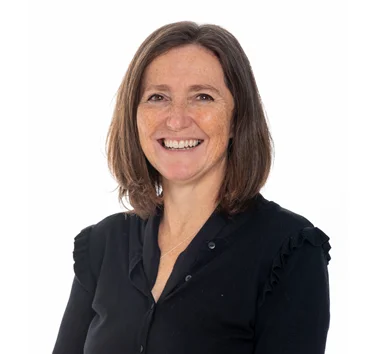Lorraine Mealings is experienced in the delivery of housing services within both a local government and third sector context. Lorraine joined BCHA, a housing association based across the South West, as Chief Executive in November 2022. Previously Lorraine was Director of Housing at Bournemouth, Christchurch and Poole Council. Lorraine’s earlier career was spent in housing roles within various local governments.

